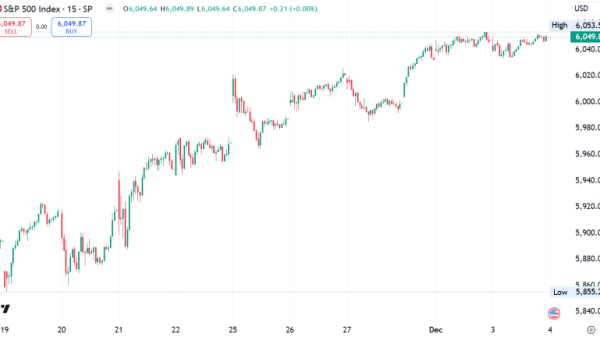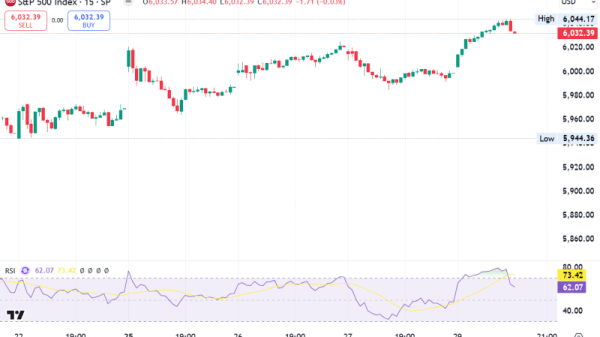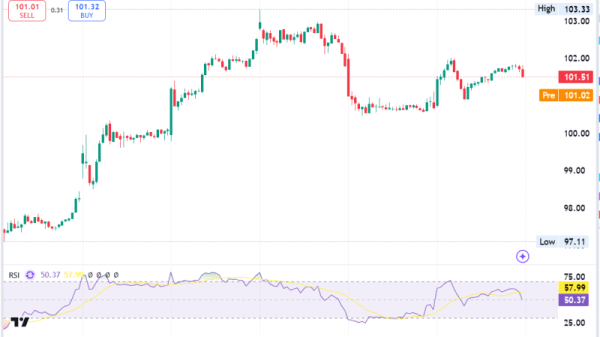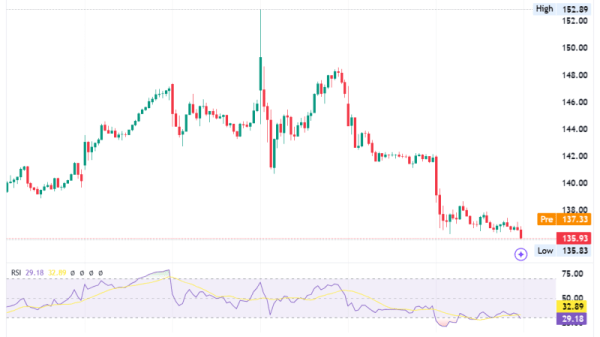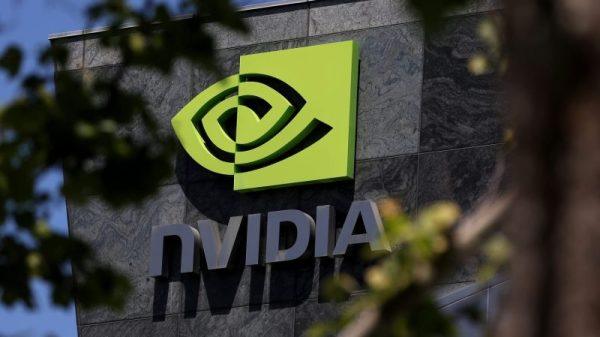Shares of Voya Financial (NYSE:VOYA) experienced a significant drop, plunging by as much as 8.6% on Tuesday. This marked the largest intraday fall since February and came after the insurance company pre-announced a weaker-than-expected performance for the fourth quarter. Voya Financial specifically pointed out that its Stop Loss policy year loss ratio would likely be between 90% and 105%, a figure that falls short of the previously forecasted 86%.
In response to this update, Evercore ISI analyst Thomas Gallagher revised the price target on Voya Financial to $89.00, down from the previous target of $94.00, while maintaining an Outperform rating. Gallagher highlighted the company’s negative update on its medical stop loss business, which is anticipated to lead to a significant fourth-quarter loss. The update also suggests that Voya Financial may not achieve its target margin range by 2025, potentially delaying it until 2027.
Gallagher elaborated, “They indicated that they now expect the 2024 accident year to come at a mid-point of around a 98% loss ratio vs. their old expectation of 86%, well above its targeted pricing range of 77-80%.” The analyst also noted the expected departure of Rob Grubka, the head of the health and wealth business, at the end of 2024, and is looking for more information on his successor.
Jefferies analysts also commented on the situation, noting that the primary cause of the downturn is the continued high frequency of claims through November 2024, particularly an increase in cancer diagnoses among younger demographics.
Furthermore, Keefe, Bruyette & Woods analyst Ryan Krueger adjusted the price target for Voya Financial to $92.00 from $95.00, while also maintaining an Outperform rating. Krueger mentioned the negative stop-loss update and the announcement of Grubka’s year-end departure. He noted the deterioration in stop-loss claims through November, leading to revised earnings per share (EPS) estimates for the coming years and a slightly reduced price target based on 8.5 times the estimated EPS for 2026.
Voya Financial’s forecasted challenges with its Stop Loss policy indicate a potential delay in reaching its financial targets, with a projected mid-point loss ratio significantly higher than initially expected for the 2024 accident year. The company also anticipates a decrease in stop-loss premium revenues for 2025 and an improvement in the loss ratio, although it is still projected to be above the target range.
This article was generated with the support of AI and reviewed by an editor. For more information see our T&C.

